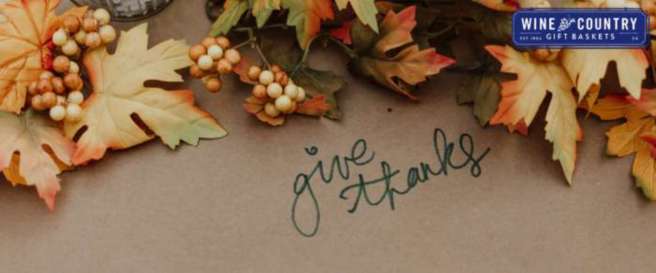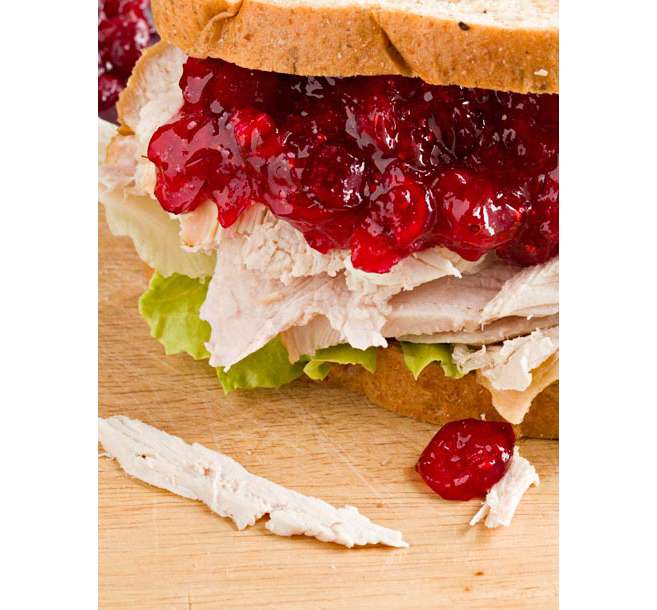The History Of Thanksgiving
Thanksgiving, a cherished holiday in the United States, conjures images of families gathered around a table laden with succulent turkey, stuffing, cranberry sauce, and pumpkin pie. Yet, beneath this modern tableau lies a captivating historical narrative that stretches back to the early 17th century and is interwoven with tales of struggle, cooperation, and the enduring spirit of gratitude. Here's a brief overview with some interesting facts:
-
Pilgrims and Native Americans: The first Thanksgiving, as we commonly think of it, took place in 1621 when a group of English Pilgrims, who had settled at Plymouth Colony in Massachusetts, celebrated a successful harvest with the Wampanoag Native Americans. This feast lasted three days and included foods like venison, fowl, seafood, and corn.
-
Harvest Festival Tradition: Thanksgiving can be traced back to European harvest festivals, where people would give thanks for a bountiful harvest. The Pilgrims continued this tradition in the New World, adapting it to their new circumstances.
-
Sarah Josepha Hale: The woman who is often credited with popularizing Thanksgiving as a national holiday is Sarah Josepha Hale. She was a writer and editor who lobbied for Thanksgiving to become a national holiday for over 17 years. Her efforts paid off when Abraham Lincoln proclaimed Thanksgiving a national holiday in 1863, during the Civil War.
-
Lincoln's Thanksgiving Proclamation: President Abraham Lincoln declared Thanksgiving a national holiday on October 3, 1863, in the midst of the Civil War. He set the date as the final Thursday in November, and it has been celebrated on that day ever since.
-
Franksgiving: In 1939, President Franklin D. Roosevelt attempted to move Thanksgiving up one week to extend the holiday shopping season and boost the economy during the Great Depression. This caused confusion and opposition, leading to the term "Franksgiving." In 1941, Congress officially established Thanksgiving as the fourth Thursday in November.
-
Thanksgiving Parade: The Macy's Thanksgiving Day Parade in New York City is a beloved tradition that started in 1924. It originally featured live animals from the Central Park Zoo, but today, it's known for its massive balloons, marching bands, and celebrity performances.
-
Presidential Pardoning of Turkeys: A quirky modern tradition is the President's annual pardoning of a turkey. Although stories of this practice date back to Abraham Lincoln, it became an official tradition in the 1980s. The pardoned turkey(s) are usually sent to a farm or petting zoo.
-
Food Traditions: Traditional Thanksgiving foods include turkey, stuffing, cranberry sauce, mashed potatoes, and pumpkin pie. Americans consume millions of pounds of turkey each Thanksgiving, and the holiday is often associated with overeating and leftovers.
-
Canadian Thanksgiving: Canada also celebrates Thanksgiving, but it occurs on the second Monday in October. It has different historical origins, as it commemorates a successful harvest and is not linked to the Pilgrims.
-
Modern Traditions: Thanksgiving has evolved over time, and today, it's not just about giving thanks for the harvest but also about spending time with family and friends. Many people volunteer at soup kitchens and participate in charitable activities on this day.
Overall, Thanksgiving is a holiday with a complex history that combines elements of harvest festivals, religious traditions, and cultural exchanges. It's a time for people to come together, give thanks, and enjoy a hearty meal.
Next - What to do with your Thanksgiving leftovers?













